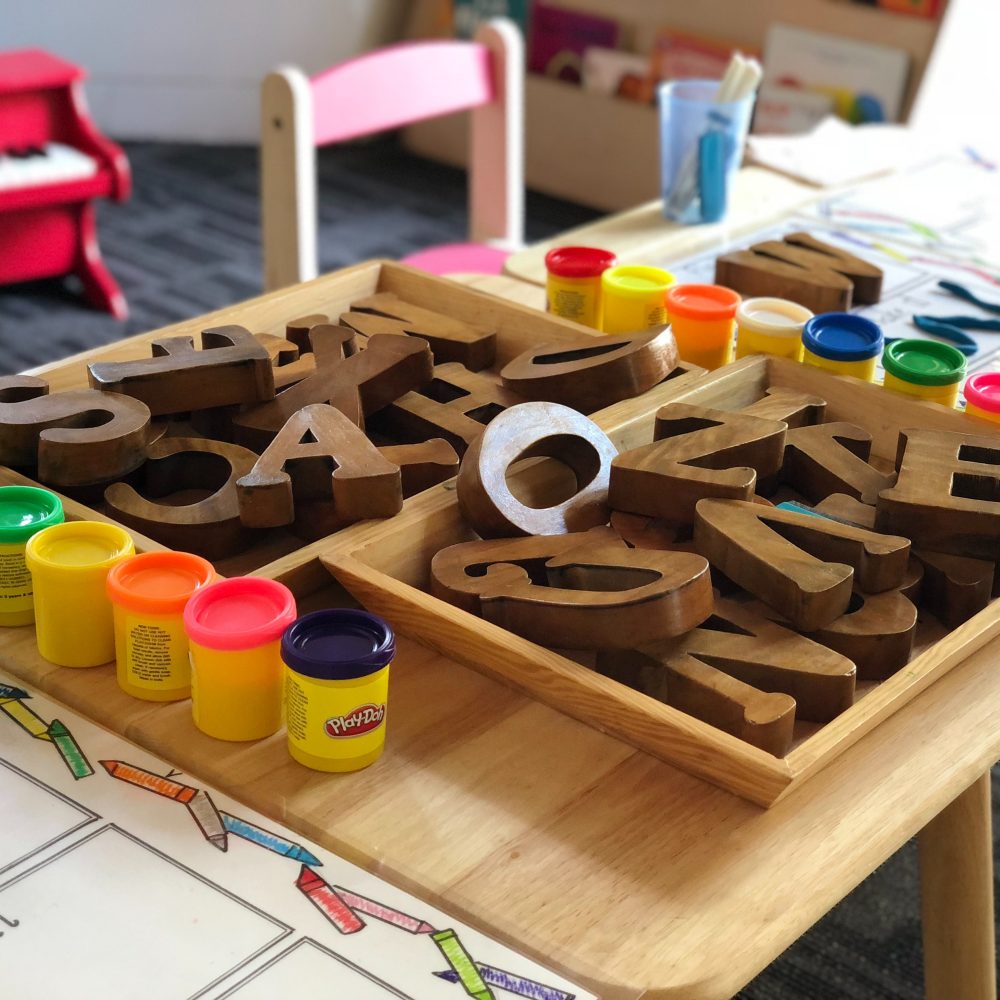We want to make research better for children with DLD — clearer, more useful, and easier to understand.
Our project focuses on making sure research studies clearly explain:
- What the intervention involved
- Who took part
- What outcomes were measured
This helps everyone — people with lived experience of DLD, families, educators, therapists, and researchers — better understand what works, for whom, and in what situations.







